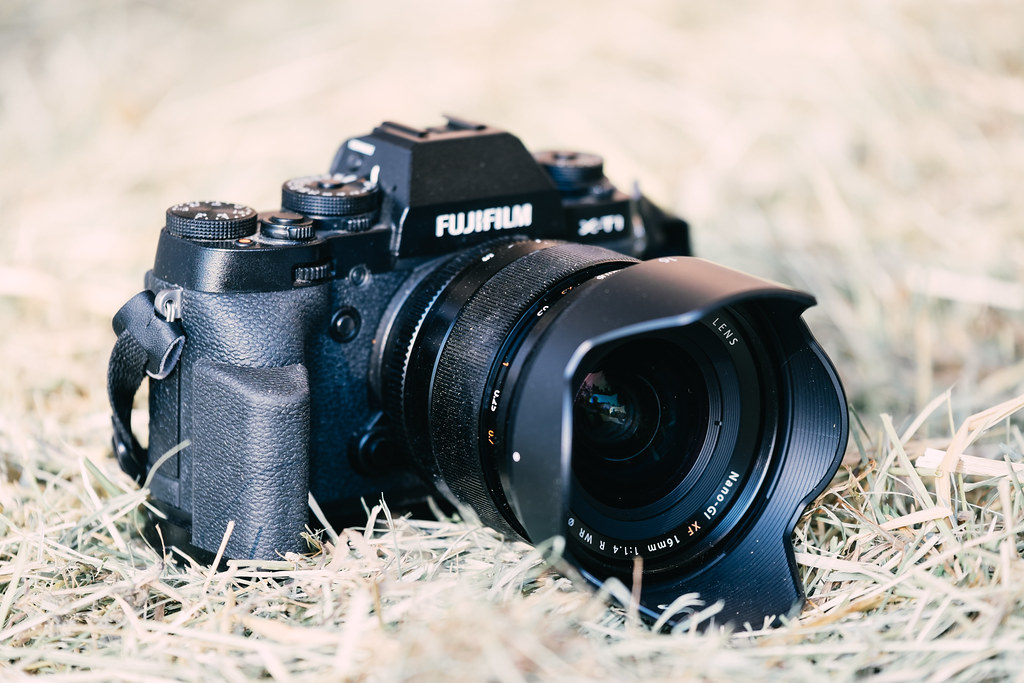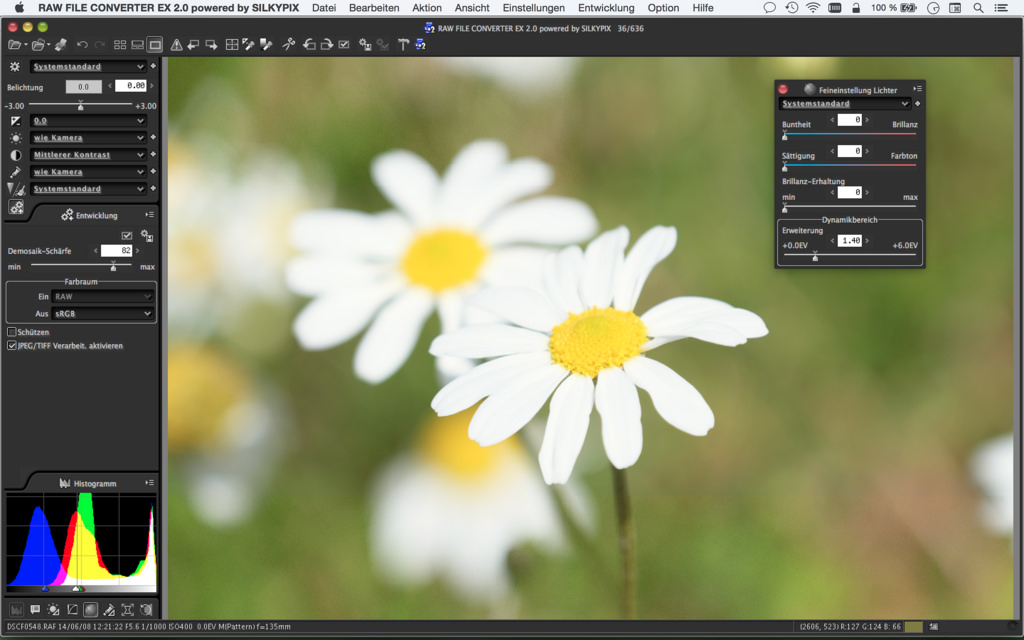Using Firmware 4

Using Firmware 4
Talk to Rico (open forum for questions & feedback)
Rico’s Books at Rocky Nook – Fuji X Secrets Workshops – Rico’s Flickr Sets
—
Today, Fujifilm announced another major firmware revision for the X-T1: Version 4 introduces a new autofocus system with zones and object tracking based on pattern recognition. It’s also faster and more accurate, and it’s easier to use. Over the past weeks, I was able to gather practical experience with several work-in-progress versions of what’s coming in late June. I am happy to share these experiences in this article.
U.S. workshop is happening!
Before we begin, I’d like to respond to more than two dozen inquiries I have received regarding the proposed Fuji X Secrets workshops in Santa Barbara, CA. Here’s the deal: It’s happening! There will be a 2-day workshop on the weekend of July 18 and 19 at the offices of Rocky Nook (my publisher), and those of you who have already contacted me via email will get a heads-up to register before everyone else. For the best possible learning effect, only 8 places will be available, so if you haven’t already contacted me to express your interest, now is your last chance to do so. You can find out more about my workshops and my contact information here.
Minor and major improvements
Firmware 4 offers several improvements with regards to usability, such as exposure compensation in manual mode with Auto-ISO, expanding the T setting on the shutter dial to cover the full range of available shutter speeds (30s – 1/32000s), getting rid of the macro button (you may want to reassign the button to select the new AF modes), displaying finer gridlines that obscure less of the actual scene, or replacing the term Silent Mode with something we can actually understand.
However, the most significant innovation in firmware 4 is the new autofocus system: It includes improved single-point focussing, introduces new zone focussing and finally offers “real” subject tracking over the entire sensor area. Click here for an overview of what’s new in firmware 4.





